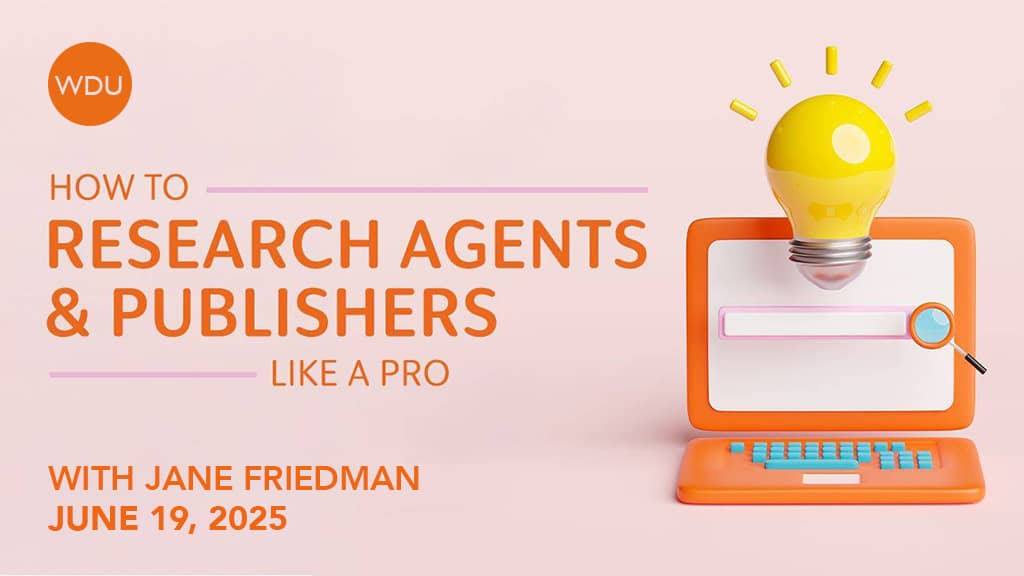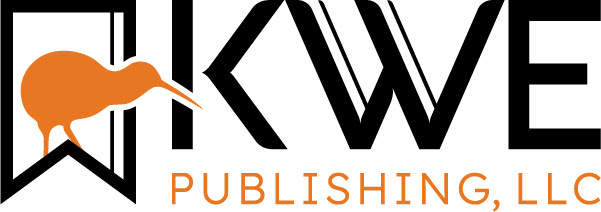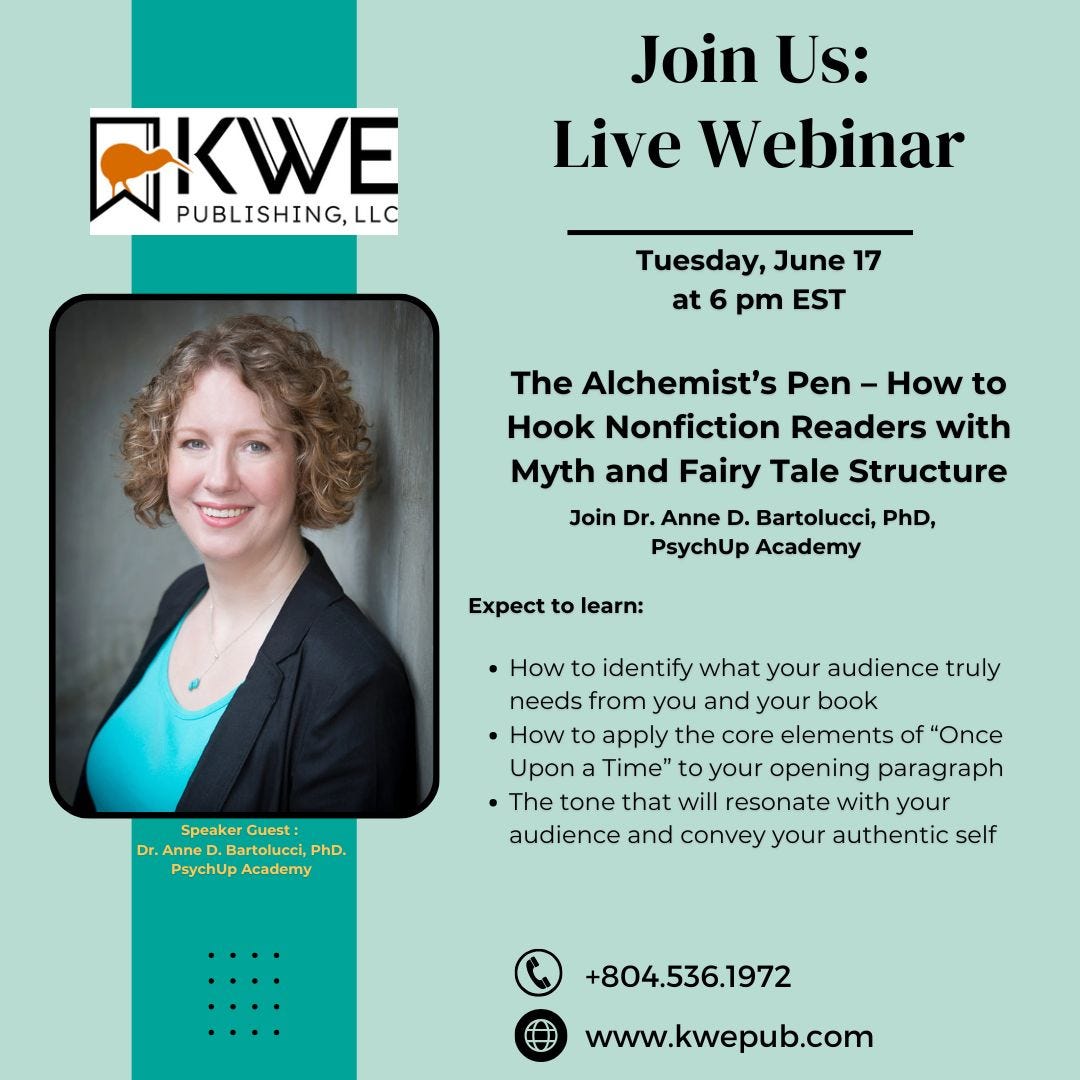How To Co-Author a Book and Maintain a Relationship With Your Co-Author
Don't let your book break your relationship with your co-author!

Writing a book with another person is a unique experience. It involves a lot of conversations about your motivations for writing, your goals, and the impact you want to make. There is also a lot of planning involved! When things go right, co-authors can create a wonderful book that blends their unique voices.
However, without having open communication and honest discussions with one another, things can break down surprisingly quickly. Projects can go untouched for months, or authors may disagree about what direction to take the book.
That's why we wanted to talk about steps co-authors can take to create a successful book and maintain a good relationship with their co-author!
Know what your goals are.
It's okay if two co-authors have different goals for the same book. However, it's important that one co-author doesn't have a drastically different goal for the book than their partner. For instance, if one co-author wants to create a funny, irreverent book and the other wants to write a more heartfelt, grounded book, they're likely to clash. Both authors should agree on the overall message and tone of the book as well as on the execution.
It's also helpful for co-authors to discuss their marketing goals with one another. If Author A wants to do interviews on podcasts, magazines, and TV shows, that doesn't necessarily mean Author B has to tag along or want the same things. Maybe Author B wants to use social media and avoid the spotlight to promote the book. That's okay! It's advisable for both authors to discuss how they'll discuss their book with the public, what they'll share about one another, etc., but overall, it's normal for two people to have different approaches to marketing.
Establish clear boundaries and roles early in the process.
Is there certain information you don't want your co-author to share about you or mention in marketing campaigns online and offline? Are there topics within the book that you feel uncomfortable writing about? Who's better at planning, and who is good at budgeting?
These questions, along with others related to your boundaries and the roles you and your co-author will fulfill, are going to come up throughout the writing and publishing process. Whether you know your co-author well or you're collaborating for the first time, it's beneficial to take time to consider what boundaries you want to set around the project. These boundaries could be around your availability, the information you want to be made public, deadlines, and more. Additionally, figuring out who is responsible for what role can make the publishing process smoother.
Iron out the financial details, create an agreement with your co-author, and know how intellectual property is allocated from the start.
Let's be honest, finances can be a tricky subject to approach no matter the context, but when you're working with a co-author, it's essential to talk about how the book will be funded and how compensation will be allocated long before the book is published. If you're paying an editor, designer, illustrator, etc., who will pay and when? Will you create a shared bank account, or will one author share compensation with the other? Will you allow readers to use alternative means of payment (such as PayPal, Venmo, etc.) at in-person events, and if so, who will create the account?
Before the book is published, we highly encourage co-authors to create a written agreement with one another that details everything related to finances. This can save you both a lot of time later down the line!
Additionally, it's important to know that, at least in the United States, co-authors are joint copyright owners. That means that the co-authors share intellectual property once a book is published. So, if things were to fall apart with you and your co-author after publication, you still couldn't claim the book solely as yours.*
*We're not lawyers, so if you have questions about intellectual property, we highly suggest talking to a lawyer!
Communicate, communicate, communicate!
Have a question? Talk to your co-author. Not sure how you feel about the tone of a chapter in your manuscript? Talk to your co-author. Want an opinion on how your writing sounds? Talk to your co-author.
Hopefully, you get the idea. Talk. To. Your. Co-author. Having an open line of communication makes it easy to solve so many issues and even prevent them from occurring. Remember that you're on the same team, and you share the goal of wanting to publish your amazing book! Also, be open to questions from your co-author. Everyone needs clarification sometimes, and you can both be a resource for each other.
If you're writing a book with another person, being able to start the process with clear goals, established boundaries, an understanding of finances, and open communication makes the process much easier.
Have you considered co-authoring a book, or have you previously co-authored a book?
We’re building a community dedicated to helping writers share their stories with the world. Want to join us? Subscribe for free to join our community of writers bringing their stories to life, or access our free ebooks, writing templates, and more when you become a paid subscriber!
If you are writing a book and want a hand, let us know! Our team—Kim, Emily, and Jean—would love to help you with creating your book. If you'd like to talk about your idea or want advice, we are here for you. Even if we don't work together, I'm happy to share what I know. Book a 30-minute complimentary consultation by clicking here:
https://www.kwepub.com/consultation
We look forward to hearing about your incredible book project.
Write on!
Kim Eley
KWE Publishing
“To learn to read is to light a fire; every syllable that is spelled out is a spark.”
– Victor Hugo
Sign Up Now For Our Free Upcoming Webinar with Dr. Anne Bartolucci!
Join us on June 17, 2025, at 6:00 p.m.–7:00 p.m. Eastern for an amazing webinar with Dr. Anne D. Bartolucci!
Under the pen name of Cecilia Dominic, Anne has woven over twenty captivating tales that invite you to lose yourself in realms of wonder. The cornerstone books in each of her spellbinding series are gathered here for you to explore.
To uncover even more of Anne’s fiction, wander over to her enchanted library at www.ceciliadominic.com.
But her magic doesn’t stop with fiction. Anne’s non-fiction works offer insightful guidance, blending her expertise in psychology with practical tools for mastering your mind and nurturing your creativity.
Expect to learn:
How to identify what your audience truly needs from you and your book
How to apply the core elements of “Once Upon a Time” to your opening paragraph
The tone that will resonate with your audience and convey your authentic self
Check Out Jane Friedman’s How to Research Agents and Publishers Like a Pro Webinar!

In this live webinar, you’ll learn not only how to research agents and publishers using a variety of online resources, but also how to evaluate fit and reputation, so that you don’t unwittingly end up with a schmagent or a publisher that’s really a self-publishing service.
Some writers wonder whether they can hire out this work—to identify the right markets, put together their materials, and track responses. Although a handful of services can undertake this process for you, they rarely care about your work as much as you do. But there’s another significant reason to do the work yourself: it represents a marvelous learning opportunity. This work increases your familiarity with the business side of writing and publishing, which in turn leads you to make better decisions for your career.
You should focus on researching and submitting your work to agents if you believe your work has some commercial potential or is a good fit for a big New York publisher because those publishers rarely accept unagented work. The same is true of some midsize publishers and prestigious independent publishers. If you can’t find an agent to represent you, then you’ll need to research publishers on your own who accept unagented work. Typically, you’ll want to research agents and publishers at the same time to keep your process efficient. You may discover through your research, in fact, that your book is better suited to a small or independent press, rather than a big publisher.
This online event will occur on June 19th, 2025, at 1:00 p.m. Eastern. It costs $89.00 to register.
Resources:
Here at KWE Publishing, we want to share a few of our favorite resources with our newsletter readers. Check back weekly to see what resources we recommend!
Recently, I came across an interesting post by author
about things debut novelists should know, and after reading even more of her posts, I wanted to share her Substack, !Anne-Sophie Juhanneau is an author who shares a fun combination of musings, craft talk, and discussions of favorite pieces of media on her Substack. Her posts are honest, conversational, and engaging, and if you’re an aspiring author or just someone who loves a good read, we highly recommend taking a look at Creative Encounters!






